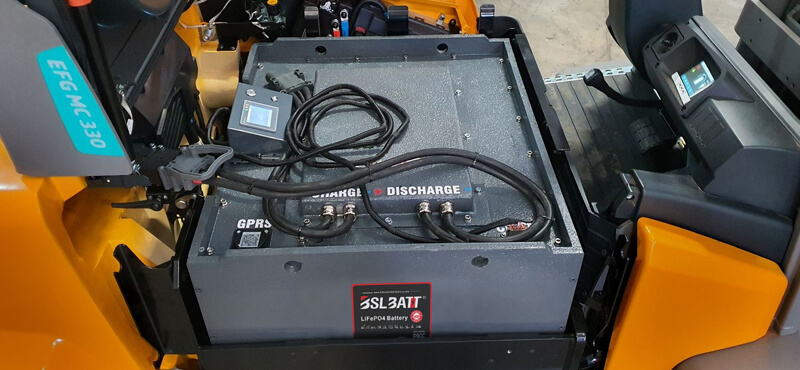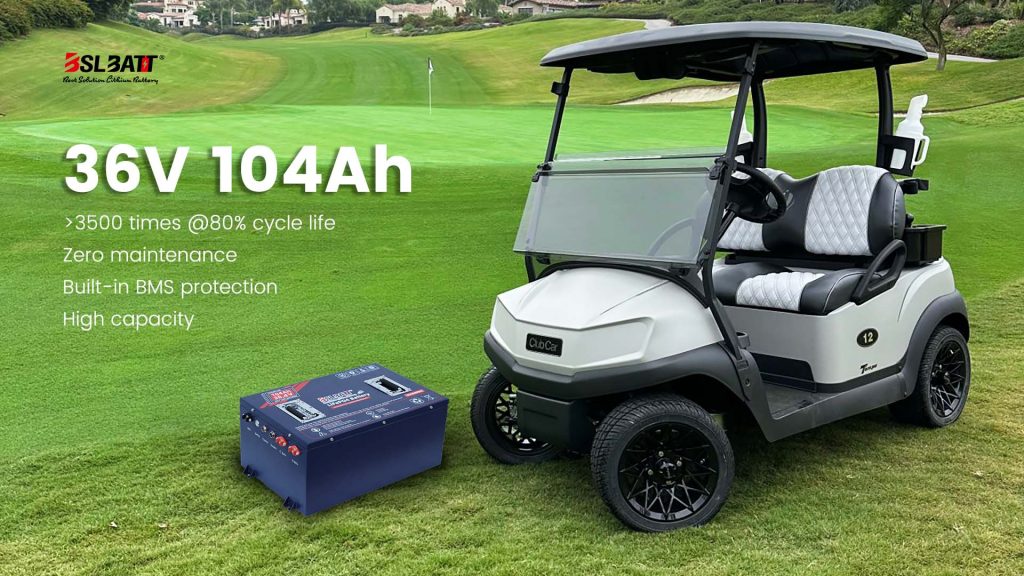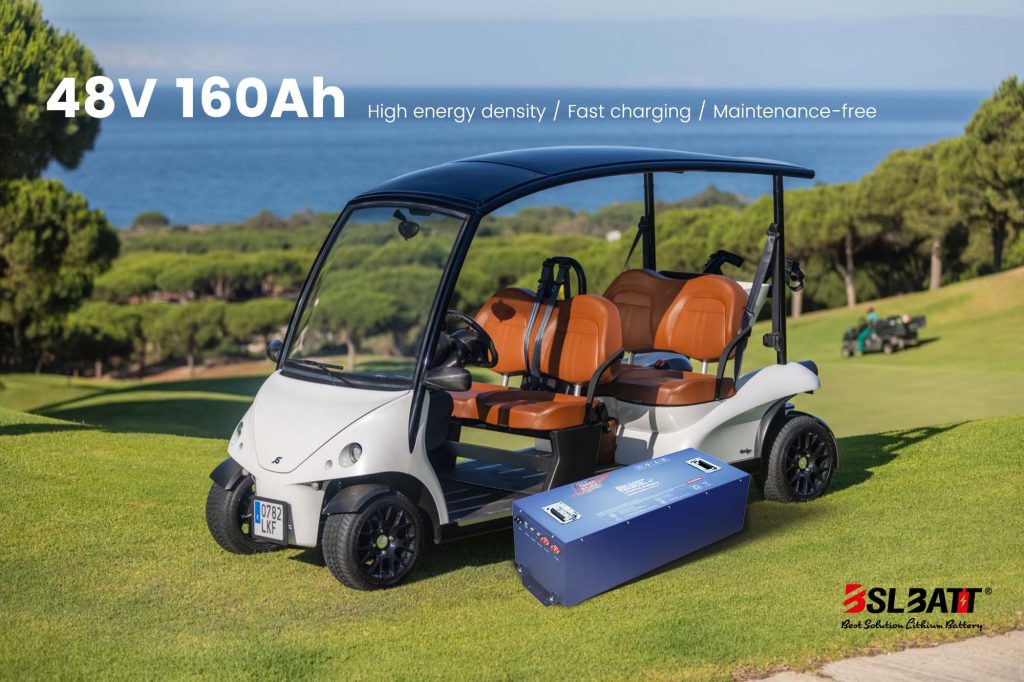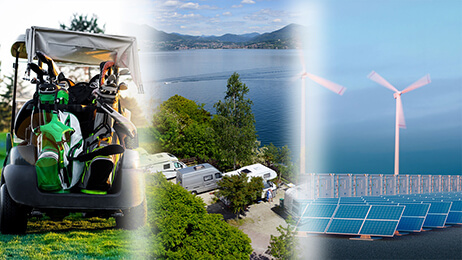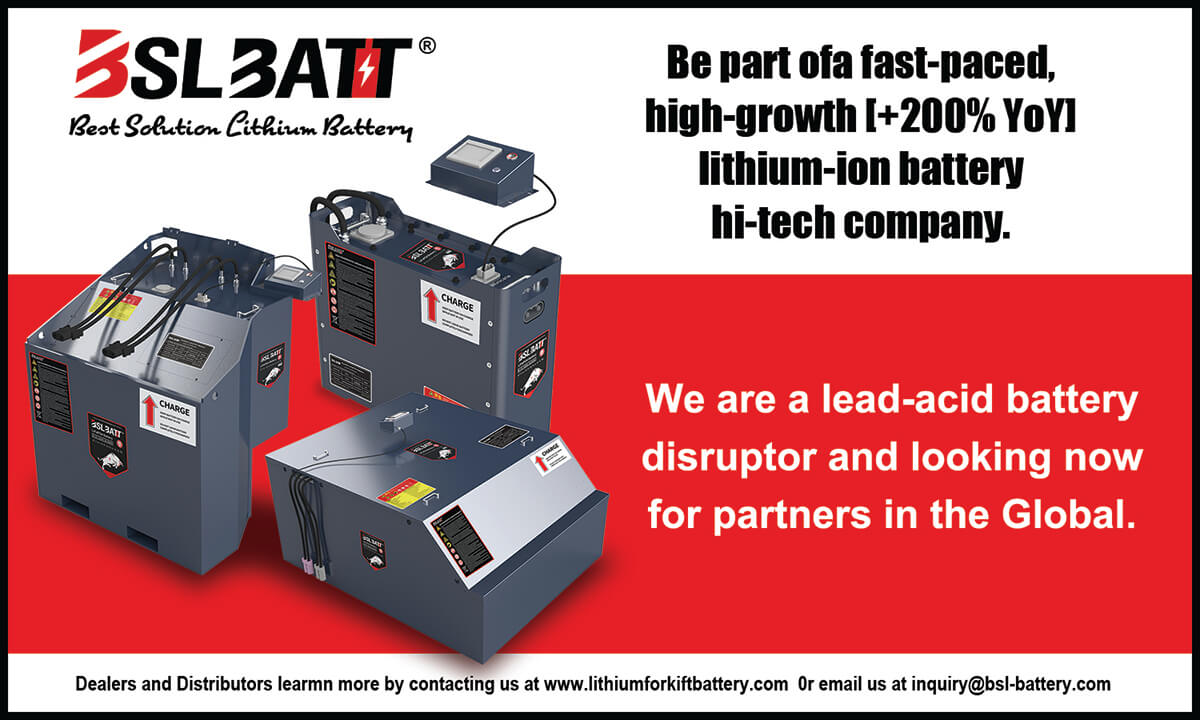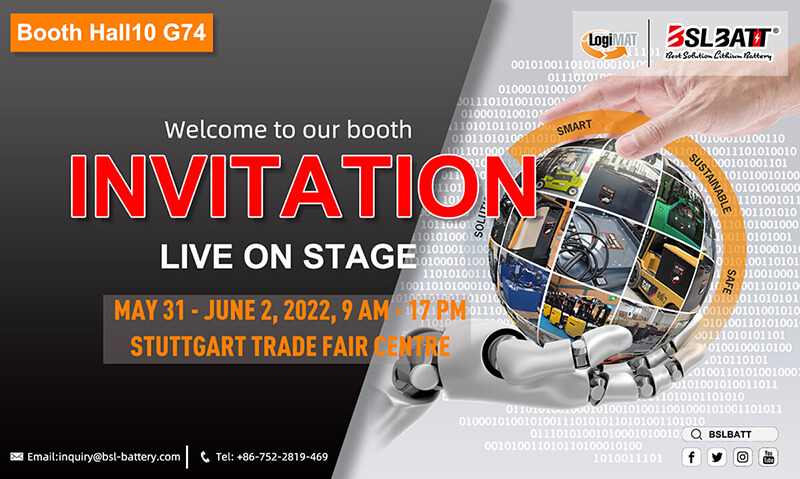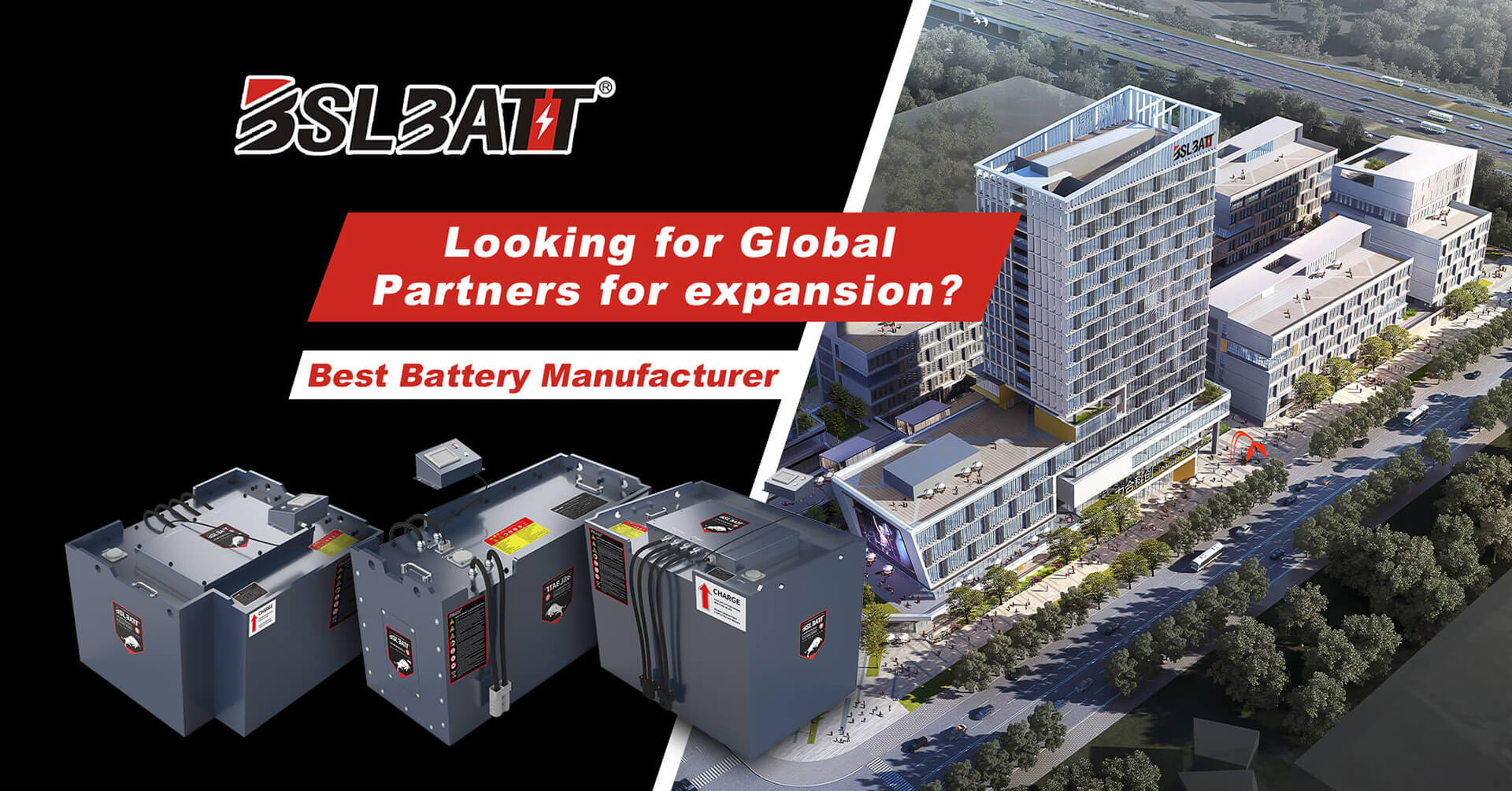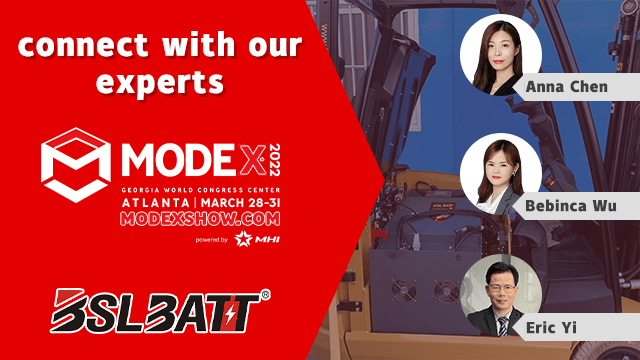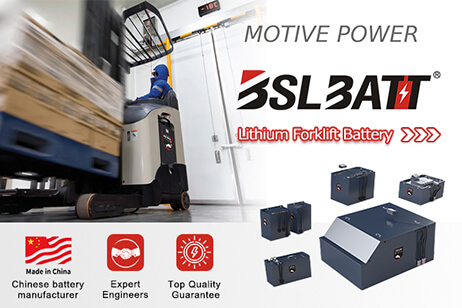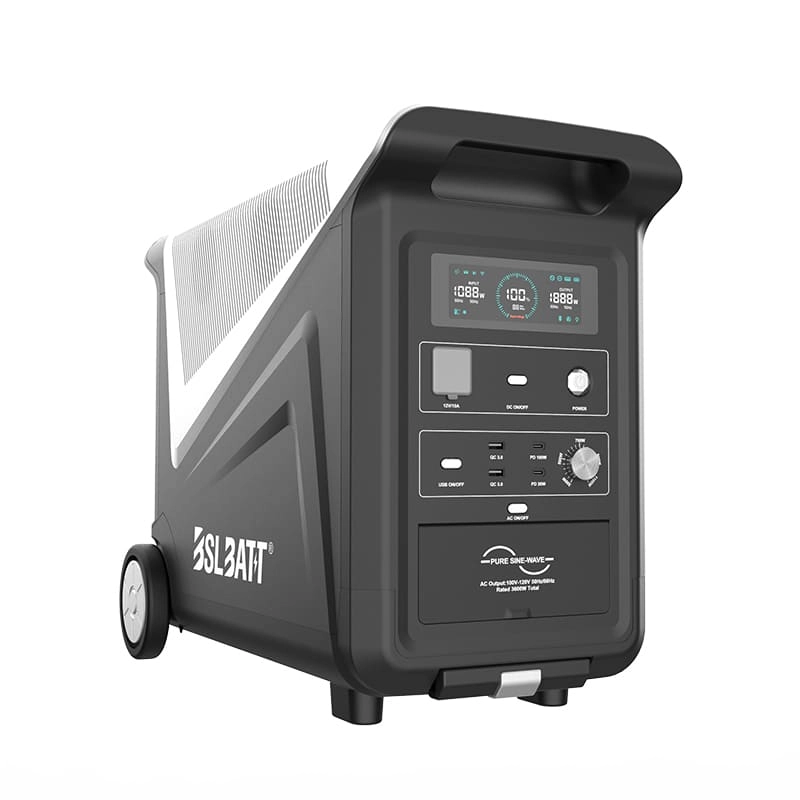Industry Application
Product Type
How to Choose the Right Lithium Battery for Aerial Work Platforms

Choosing the right lithium battery for your aerial work platform is crucial. It directly impacts performance, safety, and operational efficiency. Lithium batteries offer a longer lifespan and higher cycle life compared to traditional lead-acid batteries. You can use them past 80% capacity without damaging the cells. This feature ensures more charge-discharge cycles before any decrease in capacity. These batteries enhance the reliability and productivity of your equipment, making them an essential component for high-altitude tasks.
Key Takeaways
- Understand the different types of lithium batteries, such as LiFePO4 and NMC, to choose the best fit for your aerial work platform’s needs.
- Prioritize safety features like overcharge protection and thermal management to enhance the reliability of your battery.
- Evaluate your platform’s specific energy demands and usage patterns to select a battery with the appropriate capacity and voltage.
- Consider environmental factors, such as temperature tolerance and weather resistance, to ensure optimal battery performance in various conditions.
- Balance initial costs with long-term savings, as lithium batteries typically offer lower maintenance and longer lifespans compared to traditional options.
- Stay informed about emerging battery technologies and eco-friendly advancements to make future-proof choices for your equipment.
- Consult with manufacturers for expert advice on battery selection, installation, and maintenance to maximize performance and longevity.
Understanding Lithium Batteries for Aerial Work Platforms

Choosing the right lithium battery for your aerial work platform involves understanding the different types available and their benefits. This knowledge helps you make an informed decision that enhances the performance and safety of your equipment.
Types of Lithium Batteries
Lithium Iron Phosphate (LiFePO4)
LiFePO4 batteries stand out for their exceptional safety and long cycle life. They have a stable chemistry, which reduces the risk of thermal runaway. This stability ensures a lower chance of fire or explosion, making them a reliable choice for aerial work platforms. You can expect a longer lifespan from these batteries compared to traditional lithium-ion options. Their ability to handle frequent charge-discharge cycles makes them ideal for applications requiring consistent power.
Lithium Nickel Manganese Cobalt Oxide (NMC)
NMC batteries offer a different set of advantages. They are more energy-dense than LiFePO4 batteries, allowing them to store more energy in a compact form. This feature makes them suitable for applications where space and weight are critical considerations. However, NMC batteries may require replacement over time, depending on the operational profile. While they have been associated with some safety concerns, their lightweight nature makes them a popular choice for various electronic devices.
Benefits of Lithium Batteries
Longer Lifespan and Higher Energy Density
Lithium batteries provide a longer lifespan and higher energy density compared to traditional options. This means you can rely on them for more charge-discharge cycles without a significant drop in capacity. The higher energy density ensures that your aerial work platform operates efficiently, delivering the power needed for demanding tasks.
Lightweight and Fast Charging
The lightweight nature of lithium batteries enhances the mobility of aerial work platforms. You can maneuver equipment more easily, improving operational efficiency. Additionally, lithium batteries offer fast charging capabilities, minimizing downtime and maximizing productivity. This feature is crucial for maintaining the uptime of your equipment, ensuring that you can complete tasks without unnecessary delays.
Key Factors to Consider When Choosing a Lithium Battery
When selecting a lithium battery for your aerial work platform, several critical factors come into play. These considerations ensure that you choose a battery that meets your platform’s needs and enhances its performance.
Capacity and Voltage Requirements
Matching Battery Capacity with Platform Needs
You must match the battery capacity with the specific needs of your aerial work platform. The capacity determines how long the battery can power the equipment before needing a recharge. A higher capacity means longer operational time, which is crucial for tasks that require extended periods of use. Evaluate your platform’s energy demands to select a battery that provides sufficient power without frequent interruptions.
Importance of Voltage Compatibility
Voltage compatibility is another essential factor. The battery’s voltage must align with the platform’s requirements to ensure efficient operation. Mismatched voltage can lead to performance issues or even damage the equipment. Always check the manufacturer’s specifications to confirm that the battery’s voltage matches your platform’s needs.
Environmental Conditions
Temperature Tolerance
Consider the temperature tolerance of the lithium battery. Extreme temperatures can affect battery performance and lifespan. Choose a battery designed to operate efficiently in the environmental conditions where your platform will be used. This ensures reliable performance regardless of weather changes.
Weather Resistance
Weather resistance is vital for outdoor operations. A battery with robust weather resistance can withstand rain, humidity, and other environmental factors. This feature protects the battery from damage and ensures consistent performance in various conditions.
Safety Features
Overcharge Protection
Safety features like overcharge protection are crucial. Overcharging can lead to battery damage or safety hazards. A battery with built-in overcharge protection prevents excessive charging, enhancing safety and extending the battery’s lifespan.
Thermal Management
Thermal management is another important safety feature. Efficient thermal management systems prevent overheating, which can cause battery failure or safety risks. Look for batteries with advanced thermal management to ensure safe and reliable operation.
Comparing Popular Lithium Battery Models
When selecting a lithium battery for your aerial work platform, understanding the features and applications of popular models can guide you to make an informed choice. Here, we explore two notable models from BSLBATT, known for their reliability and performance.
BSLBATT B-LFP-24-105AWP

Features and Specifications
The BSLBATT B-LFP-24-105AWP is a robust lithium battery designed for aerial work platforms. It offers a nominal voltage of 24V and a capacity of 105Ah, providing ample power for various tasks. This model boasts a long cycle life, ensuring durability and cost-effectiveness over time. Its compact design allows for easy integration into different equipment setups, enhancing versatility.
- Nominal Voltage: 24V
- Capacity: 105Ah
- Cycle Life: Over 4,000 cycles
- Design: Compact and easy to install
Ideal Applications
This battery model is ideal for aerial work platforms that require consistent power and reliability. Its high cycle life makes it suitable for operations demanding frequent use, such as construction sites and maintenance tasks. The compact design also benefits platforms with limited space, ensuring efficient energy storage without compromising on performance.
BSLBATT B-LFP-24-150AWP
Features and Specifications
The BSLBATT B-LFP-24-150AWP offers enhanced capacity, making it a powerful option for more demanding applications. With a nominal voltage of 24V and a capacity of 150Ah, this battery provides extended operational time, reducing the need for frequent recharges. Its advanced lithium iron phosphate technology ensures safety and longevity, crucial for high-altitude work environments.
- Nominal Voltage: 24V
- Capacity: 150Ah
- Cycle Life: Over 4,000 cycles
- Technology: Lithium Iron Phosphate (LiFePO4)
Ideal Applications
This model is perfect for aerial work platforms that operate in intensive environments, where extended battery life and high power output are essential. It supports applications that require prolonged use, such as large-scale construction projects or industrial maintenance. The advanced safety features make it a reliable choice for operations where safety is paramount.
By comparing these models, you can determine which lithium battery best suits your aerial work platform’s needs, ensuring optimal performance and efficiency.
Practical Tips for Making an Informed Decision
When selecting a lithium battery for your aerial work platform, making an informed decision is crucial. This section provides practical tips to guide you through the process, ensuring you choose a battery that meets your needs and budget.
Assessing Your Aerial Work Platform’s Needs
Understanding your platform’s specific requirements is the first step in choosing the right battery.
Evaluating Usage Patterns
Evaluate how often and in what conditions you use your aerial work platform. Frequent use in demanding environments may require a battery with a higher capacity and durability. Consider the typical duration of your tasks and the power demands of your equipment. This assessment helps you determine the necessary battery specifications to ensure uninterrupted operations.
Consulting with Manufacturers
Consulting with manufacturers can provide valuable insights into the best battery options for your platform. Manufacturers often have detailed knowledge about their products and can recommend batteries that align with your operational needs. They can also offer advice on installation and maintenance, ensuring optimal performance and longevity.
Budget Considerations
Budget plays a significant role in your decision-making process. Balancing cost with long-term benefits is essential.
Cost vs. Long-term Savings
While the initial cost of a lithium battery might be higher than traditional options, consider the long-term savings. Lithium batteries typically offer a longer lifespan and require less maintenance, reducing overall costs over time. Investing in a quality battery can lead to significant savings by minimizing downtime and extending the life of your equipment.
Warranty and Support
Examine the warranty and support options provided by the manufacturer. A comprehensive warranty can offer peace of mind, protecting your investment against defects or failures. Additionally, reliable customer support ensures you receive assistance when needed, enhancing your overall experience with the product.
“Manufacturers face a tough choice when deciding which battery technology to use based on budget considerations.” This insight highlights the importance of weighing initial costs against potential savings and support services.
By carefully assessing your platform’s needs and considering budget implications, you can make a well-informed decision that enhances the efficiency and reliability of your aerial work platform.
Future Trends in Lithium Battery Technology
As technology advances, the landscape of lithium battery technology continues to evolve. You can expect significant innovations that will enhance efficiency and sustainability, impacting how aerial work platforms operate.
Innovations in Battery Efficiency
Emerging Technologies
Researchers are exploring new battery technologies that promise to rival traditional lithium-ion batteries. These include graphene batteries, which offer high conductivity and flexibility, and sodium-ion batteries, known for their cost-effectiveness and abundance. Additionally, lithium-sulfur batteries are gaining attention for their potential to increase energy storage capacity, while zinc-based batteries provide a safer alternative with reduced environmental impact. These emerging technologies aim to deliver higher efficiency and lower costs, making them attractive options for future applications.
Impact on Aerial Work Platforms
The advancements in battery technology will significantly impact aerial work platforms. With increased energy density and ultra-fast charging capabilities, these new batteries will enhance the operational efficiency of your equipment. You will experience longer run times and reduced downtime, allowing for more productive workdays. As these technologies mature, they will likely become integral to the design and functionality of aerial work platforms, offering you improved performance and reliability.
Sustainability and Environmental Impact
Recycling and Disposal
The environmental impact of battery technology is a growing concern. You must consider the recyclability and proper disposal methods of batteries to minimize their ecological footprint. Selecting batteries with lower toxicity and reduced carbon emissions during production is crucial. By focusing on sustainable practices, you contribute to a cleaner environment and ensure the responsible use of resources.
Eco-friendly Advancements
Eco-friendly advancements in battery technology are paving the way for greener solutions. Innovations such as lithium-oxygen batteries demonstrate increased energy density with a focus on sustainability. These advancements aim to reduce the environmental impact of battery production and disposal. By adopting eco-friendly batteries, you support the transition to more sustainable energy solutions, aligning with global efforts to reduce carbon emissions and promote environmental stewardship.
Choosing the right lithium battery for your aerial work platform involves several key considerations. You should evaluate specific application requirements, budget constraints, and environmental factors. Prioritize safety and longevity by selecting batteries with robust thermal management and overcharge protection. Consider future trends in battery technology to ensure your choice remains relevant. By understanding your platform’s needs and the latest advancements, you can make an informed decision that enhances performance and efficiency.
FAQ
How do lithium batteries compare to lead-acid batteries?
Lithium batteries offer several advantages over lead-acid batteries. They have a longer lifespan, higher energy density, and require less maintenance. Additionally, they are lighter, which enhances the mobility of equipment like aerial work platforms.
Why is voltage compatibility important when choosing a lithium battery?
Voltage compatibility ensures that the battery operates efficiently with your equipment. Mismatched voltage can lead to performance issues or damage. Always verify that the battery’s voltage aligns with your platform’s requirements.
What factors affect the lifespan of a lithium battery?
Several factors influence the lifespan of a lithium battery, including usage patterns, charging habits, and environmental conditions. Proper maintenance and avoiding extreme temperatures can help extend the battery’s life.
Are lithium batteries environmentally friendly?
Lithium batteries are more environmentally friendly than some alternatives due to their longer lifespan and efficiency. However, proper recycling and disposal are crucial to minimize their ecological impact.
How fast can lithium batteries charge?
Lithium batteries offer fast charging capabilities, which reduces downtime. The exact charging speed depends on the battery model and charger specifications. Always use a compatible charger to ensure optimal performance.
What should you do if a lithium battery overheats?
If a lithium battery overheats, you should immediately disconnect it from the device and place it in a safe, cool area. Avoid using the battery until it has cooled down and inspect it for any damage before reuse.
Can lithium batteries be used in extreme temperatures?
Lithium batteries can operate in a range of temperatures, but extreme conditions may affect performance and lifespan. Choose a battery designed for the specific environmental conditions of your application.
How do you dispose of lithium batteries safely?
To dispose of lithium batteries safely, take them to a designated recycling facility. Many retailers and local waste management services offer battery recycling programs. Proper disposal helps prevent environmental harm and recovers valuable materials.
A Guide to Choosing the Best 48V Lithium Golf Cart Battery
Would it be worth investing in a 48V ...
10 Exciting Ways To Use Your 12V Lithium Batteries
Back in 2016 when BSLBATT first began designing what would become the first drop-in replacemen...
BSLBATT Battery Company Receives Bulk Orders from North American Customers
BSLBATT®, a China Forklift battery manufacturer specializing in the material handling indust...
Fun Find Friday: BSLBATT Battery is coming to another great LogiMAT 2022
MEET US! VETTER’S EXHIBITION YEAR 2022! LogiMAT in Stuttgart: SMART – SUSTAINABLE – SAF...
Looking for new Distributors and Dealers for BSL Lithium Batteries
BSLBATT battery is a fast-paced, high-growth (200% YoY ) hi-tech company that is leading the a...
BSLBATT to Participate at MODEX 2022 on March 28-31 in Atlanta, GA
BSLBATT is one of the largest developers, manufacturers, and integrators of lithium-ion batter...
What makes the BSLBATT the Superior Lithium Battery for your Motive Power needs?
Electric forklift and Floor Cleaning Machines owners who seek the ultimate performance will fi...








